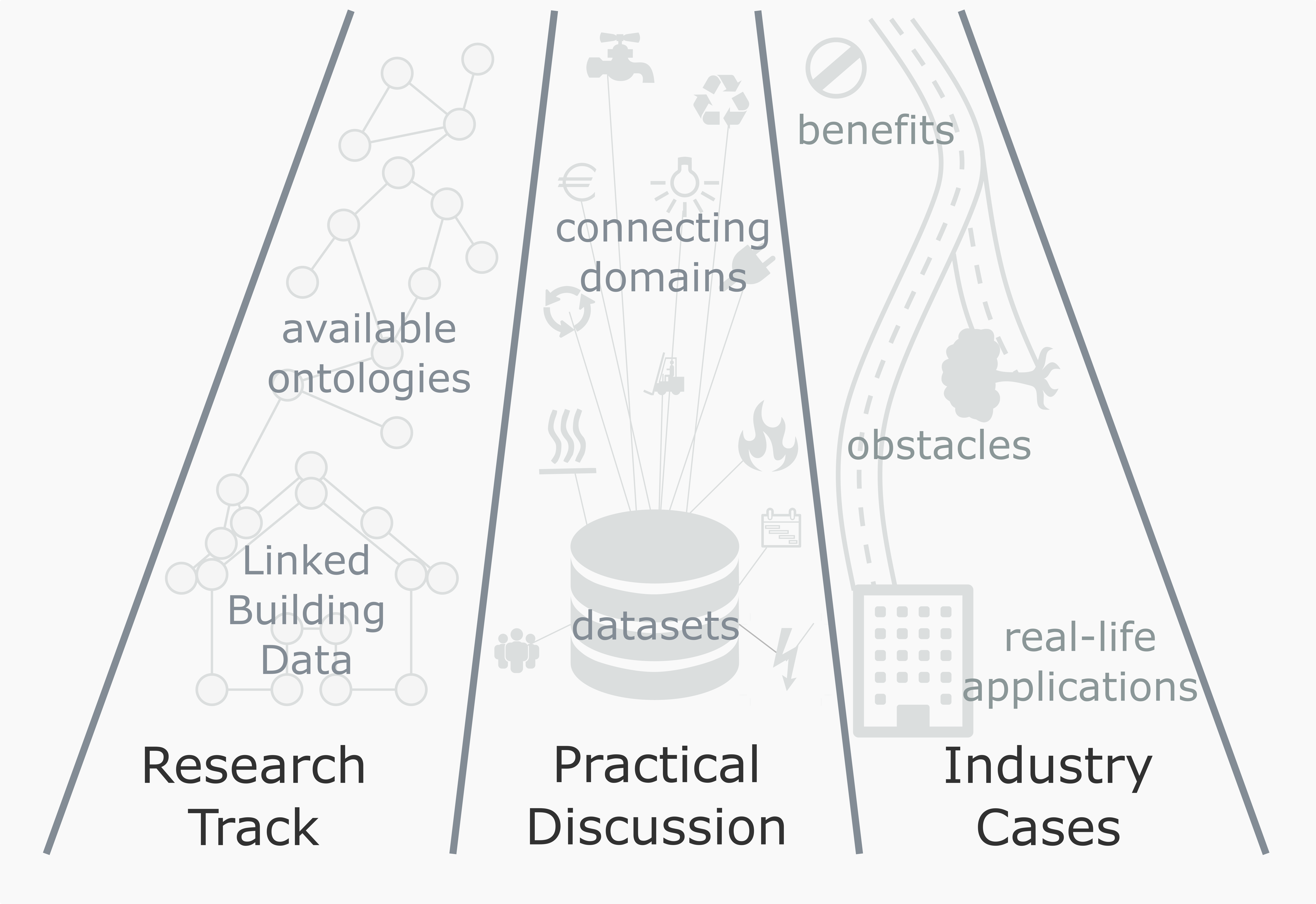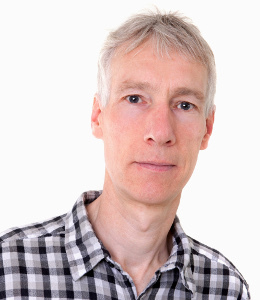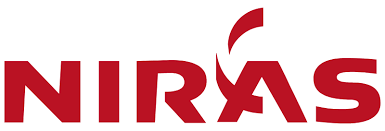


The LDAC workshop series provides a focused overview on technical and applied research on the usage of semantic web, linked data and web of data technologies for architecture and construction (design, engineering, construction, operation, etc.). The workshop aims at gathering researchers, industry stakeholders, and standardization bodies of the broader Linked Building Data (LBD) community. The aim of the workshop is to present current developments, coordinate efforts, gather stakeholders, and elaborate practical insights from industry.
The workshop series has taken place yearly since 2012, and will celebrate its 10th edition in 2022 at the ESWC conference in Hersonissos, Greece. The workshop gathers domain experts from the architecture, engineering, and construction (AEC) domain as well as computer scientists and software developers that are close to the use of (semantic) web technologies. The workshop is open to industry participation. In 2022, the workshop aims to further strengthen these ties to industry by hosting a review of ontologies and data linking methods used in practice.
This year's LDAC workshop takes place in Hersonissos, Greece, in collocation with the ESWC2022 Conference. As in the past years, the workshop covers work from three perspectives: research, technical discussions and industry cases. In short, LDAC welcomes stakeholders from research and practice and serves as a common communication platform to advance and innovate the use of linked data in architecture and construction. Through the collocation with ESWC, this year's focus is primarily on the use of semantic web technologies.

LDAC aims at providing a forum for technical discussion on the topic of handling data in architecture and construction. A large part of the workshop is concerned with the use of (semantic) web technologies. Research is welcomed on the use of ontologies and vocabularies for representing building data, 3D geometry, product data, geospatial data, infrastructure data, HVAC data, sensor data, and so forth.
Additionally, the workshop welcomes work on how to combine these highly semantic datasets with other data sets, which in the case of architecture and construction consist mainly of geometry and sensor data streams. Using different data storage techniques (semantic data stores, time series databases, key-value stores), the purpose of the LDAC workshop is to investigate ways in which data can be combined into a complete and holistic set of available building data. Practical techniques of combining datasets in the current web-based and data-driven world are explored: Internet of Things, Machine Learning, Digital Twins, Building Information Modelling.
Finally, and most importantly, a number of industry cases are invited, presenting interesting ideas, use cases, solutions or experience reports related to practical applications at any stage of construction lifecycle (design, construction, operations, facility management, renovation). Both success stories and discussions of obstacles in the way of adoption of presented technologies are welcome.
The workshop topics include, but are not restricted to the following:

Ian Horrocks is a full professor in the Oxford University Department of Computer Science, a visiting professor in the Department of Informatics at the University of Oslo and a co-founder of Oxford Semantic Technologies. He is also a Fellow of the Royal Society, a member of Academia Europaea, a fellow of the European Association for Artificial Intelligence (EurAI), a Fellow of the Alan Turing Institute and a British Computer Society Lovelace Medalist. His research concerns the representation of knowledge, and the efficient manipulation of such knowledge by computers. He played a leading role in establishing the Semantic Web as a significant research field, pioneering many of the underlying logics, algorithms, optimisation techniques, and reasoning systems. He has contributed to the development of several widely used reasoning systems including FaCT++, HermiT, Elk and RDFox. He has published more than 300 papers in major international conferences and journals, winning best paper prizes at KR-98, AAAI-2010, and IJCAI-2017, and test of time awards at ISWC-2013, KR-2020 and CADE-2021. He is one of the UK’s most highly cited computer scientists, with more than 57,000 citations, and an h-index of 99.
As part of the workshop, we invite companies to present interesting cases related to Linked Data in Architecture and Construction. We therefore invite you to submit your industry case, presenting an interesting idea, a use case, solution or your general experience reports related to practical applications of linked data at any stage of the construction lifecycle (design, construction, operations, facility management, retrofitting). Both success stories and discussions of obstacles in the way of adoption of presented technologies are welcome. Accepted submissions are presented and discussed in an industry session towards the end of the workshop day. Accepted submissions are presented and discussed in an industry session towards the end of the workshop day.
Submissions to the industry track are now closed.

This year, there will finally again be an LDAC Summer School, after two years of silence (see 2019 Edition). The Summer School of LDAC will be organised 6-10 June, in Cercedilla, Spain. This Summer School focuses entirely on the use of linked data and semantic web technologies for the built environment. In this summer school, experts and researchers in the use of these technologies for the AEC industry will share their knowledge and expertise to a limited audience of 40 participants (first come, first serve).
The summer school targets starting PhD students and starting industry professionals within the AEC industry.
Coding experience is highly recommended.
A full program with high quality lectures is provided by 4 lecturers and 2 keynotes with hands-on knowledge and experience in linked data and semantic web technologies for the built environment. These lecturers are also available for questions and supervision during the duration of the summer school, with the help of several technical supporters and advisors.
All lectures come with hands-on exercises of various kinds and topics, so that you are ready to continue coding with linked data in the built environment during and after the end of the summer school.
Coding challenges are put up, to which groups of four can participate in competition. All groups present their work on the last day of the Summer School.
Abstract submission deadline (optional): February 15, 2022 (23h59 Hawaii Time - GMT-10)
Paper submission deadline (EXTENDED): March 9, 2022 (23h59 Hawaii Time - GMT-10)
Notification of acceptance: April 8, 2022
Final paper submission: April 21, 2022
LDAC Workshop + ESWC Conference: 29 May 2022
The LDAC 2022 workshop will be organised as a single day workshop, within boundaries of the ESWC conference. This will include a keynote presentation, plenary research paper sessions, and an industry track at day's end. Papers of the plenary sessions are peer-reviewed by the Program Committee and will be published as part of a separate volume of the CEUR-WS proceedings.
The LDAC workshop follows the ESWC guidelines and registration procedures. ESWC offers a registration fee of 250EUR for the ESWC workshops and tutorials (two days). It is also possible to register for the full ESWC conference. More information and registration is available at https://2022.eswc-conferences.org/registration/.
Scientific papers are welcome for submission in the LDAC2022 Easychair platform. Submit a paper of max. 12 pages (PDF) at https://easychair.org/my/conference?conf=ldac2022# before the submission deadline (March 9, 2022). Please follow the CEUR WS Proceedings template (Word, LaTeX) in one-column format, and make a submission directly via EasyChair in PDF. This can also be prepared using the template file in Overleaf, as mentioned in http://ceur-ws.org/Vol-XXX/. Submissions will be peer-reviewed by the Program Committee. Accepted submissions will be published as part of a separate volume of the CEUR-WS proceedings.
Submissions to LDAC2022 are now closed.
All submissions are reviewed by at least two members of the Program Committee, which consists of the following members (to be confirmed):
Local organisation is in hands of the ESWC Workshops and Tutorials chairs.